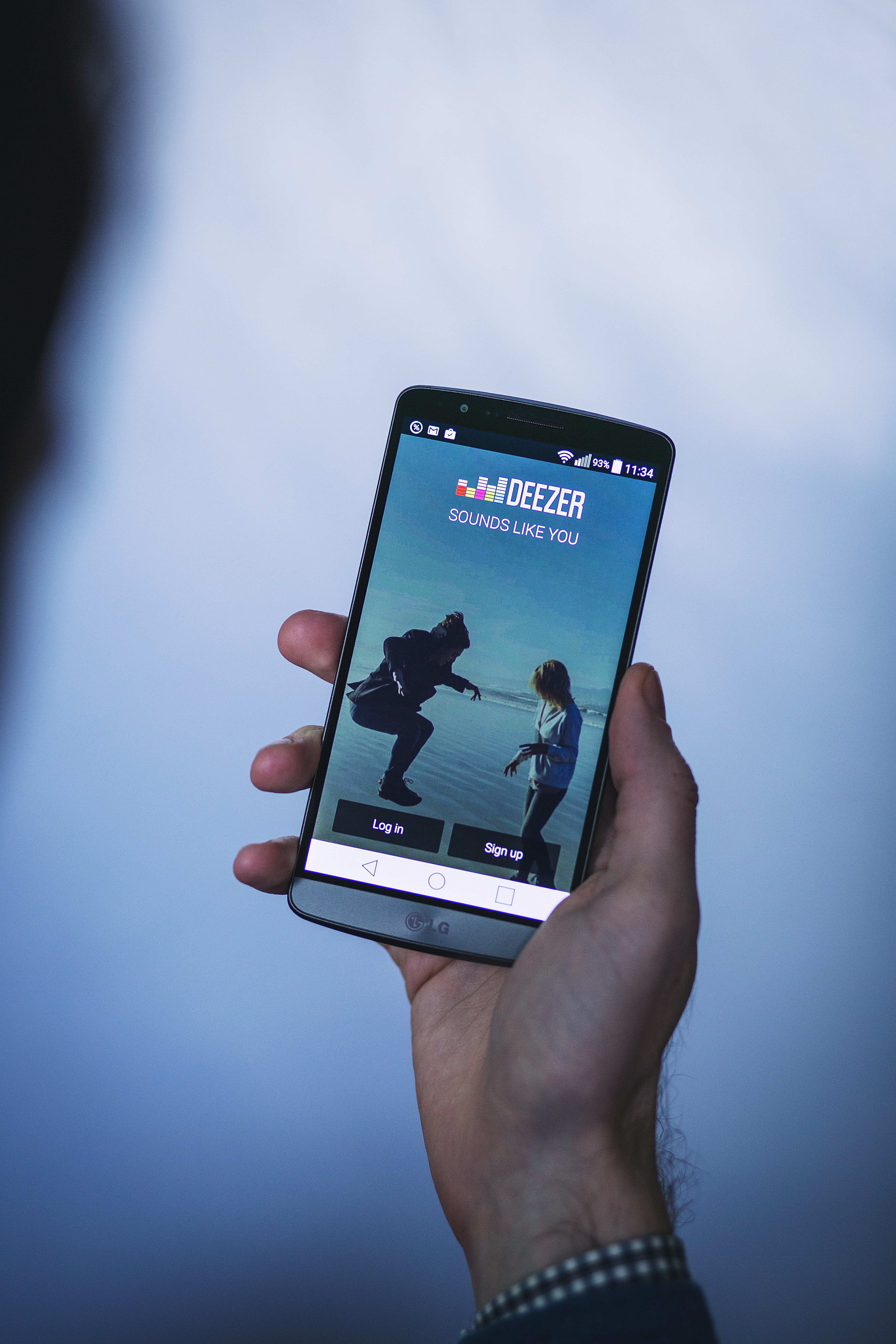STREAMING
Posté le 21 October 2021 dans New technologies regulations / Cyberlaw.
Le streaming est un outil internet permettant d’accéder à des contenus multimédias. Cet outil fournit du contenu vidéo et audio à tout appareil connecté à Internet. Il permet notamment à tout moment, sans tenir compte d’un horaire de diffusion et sans avoir à télécharger de fichier, d’écouter de la musique, de regarder des vidéos, voire même de suivre des événements en direct depuis un ordinateur, smartphone, tablette ou un téléviseur connecté à Internet.
Le streaming s’est nettement développé dans les années 2000, et ce, grâce à la création de plateformes telles que Deezer, YouTube ou Dailymotion. Il a très vite remplacé nos téléviseurs et nos radios qui ne permettaient de suivre des programmes que lors de leur diffusion.
Le streaming a permis de s’ouvrir à un tout autre monde de divertissement et d’information qui n’était alors plus restreint à ce que nous percevions à la télévision ou à la radio.
La question s’est posée de savoir si le streaming d’une œuvre protégée par le droit d’auteur est légal.
Dans sa réponse à la question numéro 1329 de Monsieur LATOMBE du 16 mars 2021, le Ministère de la culture a indiqué que le streaming est par principe licite mais à deux conditions :
- Si le streaming est effectué à partir d’une source licite,
- Aucun contournement de mesure technique de protection n’est effectué.
En effet, cela permet à la personne qui streame de bénéficier de l’exception de copie privée.
Néanmoins, la commission pour la rémunération de la copie privée a pris en considération une partie des copies issues du streaming afin d’élaborer ses barèmes. Le Conseil d’État dans un arrêt du 27 novembre 2019 a validé cette approche.
En conséquence, le streaming peut être licite s’il est couvert par l’exception de copie privée et les utilisateurs paient une compensation équitable au titre de la rémunération pour copie privée. Cette rémunération n’est ni une taxe, ni un salaire, mais une modalité particulière d’exploitation de même nature que le droit d’auteur.
